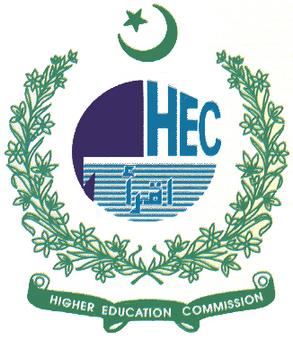Holistic Health in Islam: Bridging Qur’anic Guidance and Modern Medical Practices
Keywords:
Health in Islam, Tibb al-Nabawi, Islamic medical ethics, Holistic health, Preventive healthcareAbstract
Health is an essential blessing and responsibility in Islam, integrating physical, mental, spiritual, and social dimensions. This study explores the Islamic perspective on health through Qur’anic guidance, Prophetic teachings (tibb al-nabawi), and classical and contemporary scholarship, highlighting health as a divine trust (amanah) and moral obligation. Core principles such as hygiene, moderation, prevention of harm, preservation of life (hifz al-nafs), and spiritual well-being are examined, alongside historical contributions of Muslim scholars to medicine, including Ibn Sina, Al-Razi, Al-Zahrawi, and Ibn al-Nafis. Comparative analysis with modern health policies reveals clear agreement in preventive care, fair access, and ethical rules. while Islamic ethics further integrates spiritual and ethical aspects often absent in secular frameworks. Building on these insights, the study proposes an integrated Islamic health policy framework that unifies Qur’anic and Prophetic guidance with contemporary health standards, emphasizing holistic care, community engagement, and ethical medical practice. This framework offers a culturally grounded, spiritually aligned, and globally relevant model for modern healthcare systems, particularly in Muslim-majority contexts.









